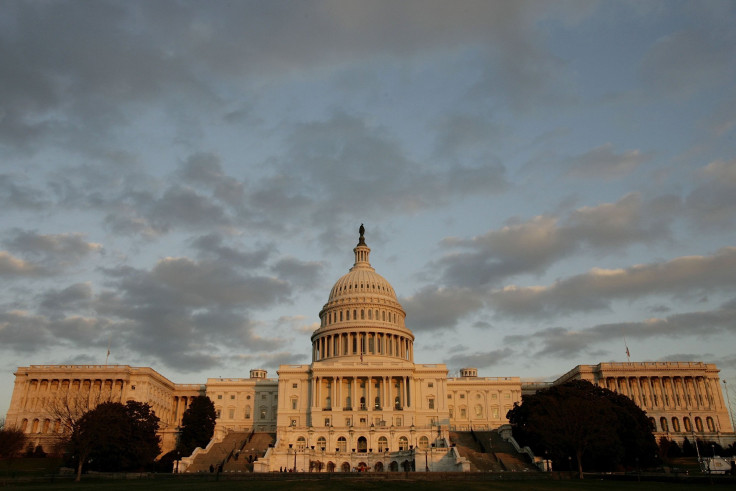Congress Down To Wire On Passing $1.1T Spending Bill To Avoid Government Shutdown

WASHINGTON – Congress is coming down to the wire to avoid a government shutdown. While both chambers might not be able to pass the $1.1 trillion spending bill before the midnight deadline, there appears to be agreement about ensuring the government remains open on Friday.
The House will vote Thursday morning on the spending bill. Republicans remain confident the votes are in place to pass the bill, which was negotiated by a bipartisan group of House and Senate members. It’s likely to be a razor-thin margin.
The bill funds most of the government through September 2015. It only provides funding for the Department of Homeland Security through Feb. 27, a move by Republicans to force a fight over immigration after the GOP takes control of the Senate.
Democrats in the House remain unhappy with provisions in the bill that roll back some Wall Street financial regulations, change pension provisions, and expand the ability for individuals to donate to political parties. Minority Leader Nancy Pelosi has been pushing Republicans to remove parts of the spending bill that would undo some of the financial regulations from the Dodd-Frank financial reform law.
But there are so far no signs that negotiations or procedures are being put in place to eliminate the part of the bill Democrats find objectionable.
The first test of whether Republicans are able to pull together a bipartisan coalition will come in a procedural vote Thursday morning. Normally, procedural votes are taken on partisan lines and pass with little trouble for the majority. But if enough Democrats and Republicans are unhappy with the way the spending bill is being handled -- each for different reasons -- they could derail the process.
Democrats aren’t saying how many members of their caucus are going to vote with Republicans on the spending bill. And that’s partly because they have not counted how much support the procedural bill has, known as “whipping” the bill.
“Leadership is not whipping but remains hopeful [House Speaker John] Boehner will change course and remove the two most egregious riders,” a Democratic leadership aide said.
Even if the bill passed the House on Thursday, it’s very unlikely that the Senate will be able to move quickly enough to pass it before the midnight deadline. Because they’ve waited until the last minute, it’s likely both chambers of Congress will give themselves a short-term extension. It’s expected that the House and Senate will quickly move a continuing resolution that funds the government for a couple of more days.
The $1.1 trillion spending bill comes after months of negotiations. The last few weeks the negotiations intensified, as both parties tried to find a solution that would ensure passage while avoiding a government shutdown.
The product of those negotiations was a bill that accomplished many Republican goals – like reversing some Dodd-Frank regulations, reducing EPA funding and pushing back at a litany of regulations. However, it didn’t do what the most conservative members of the Republican Party wanted, create a direct confrontation with President Barack Obama over his immigration executive orders.
Republican leadership won the tactical dispute, convincing members that the party would be in a better place to fund the government in the long term and reserve a small piece of funding for a fight in February.
© Copyright IBTimes 2024. All rights reserved.





















